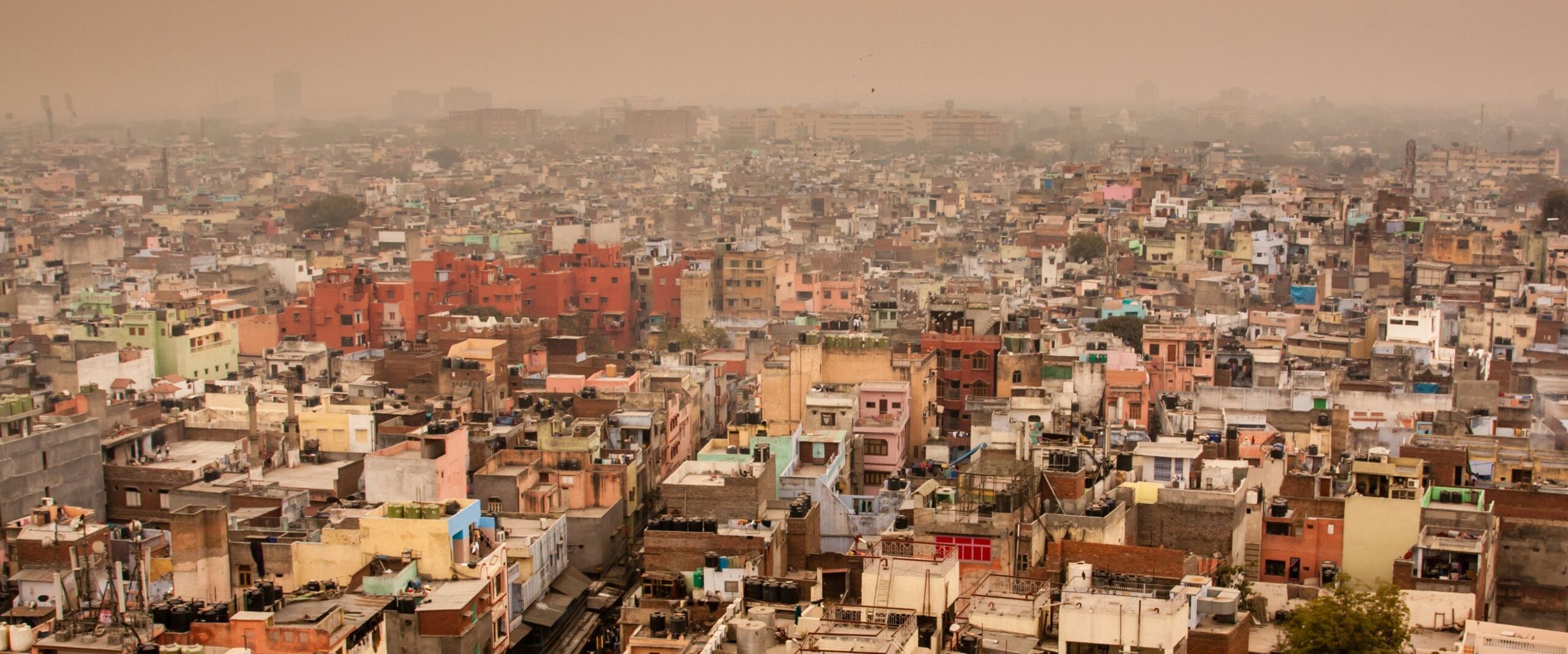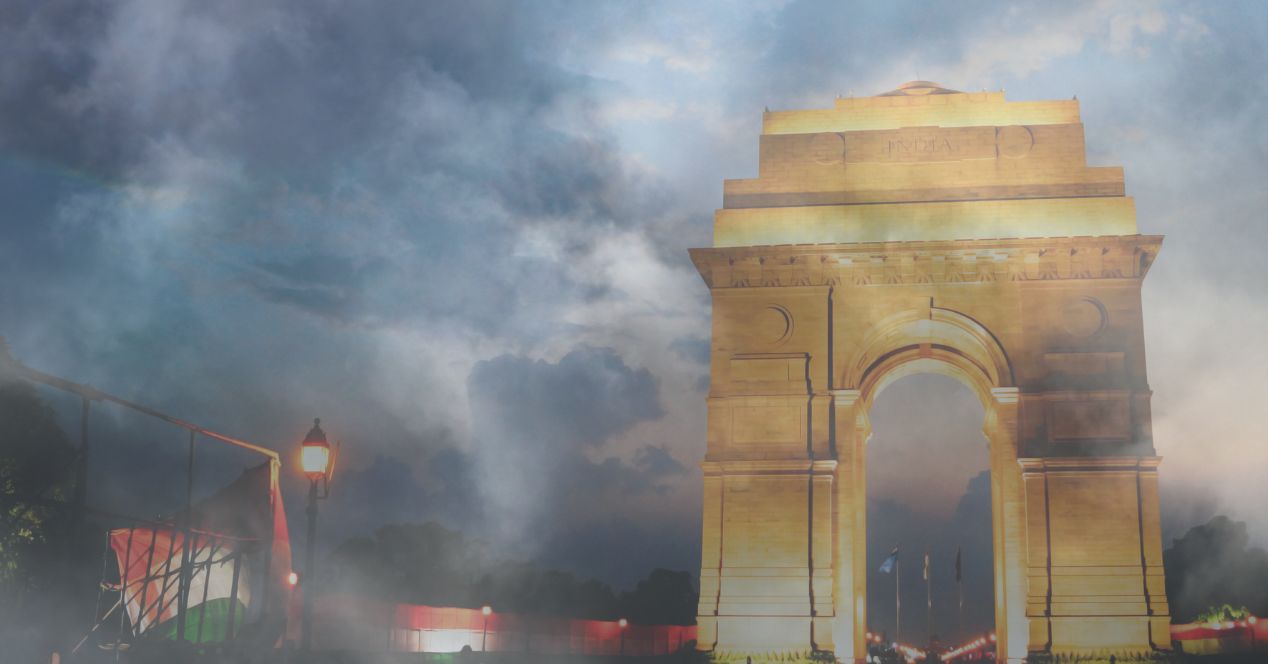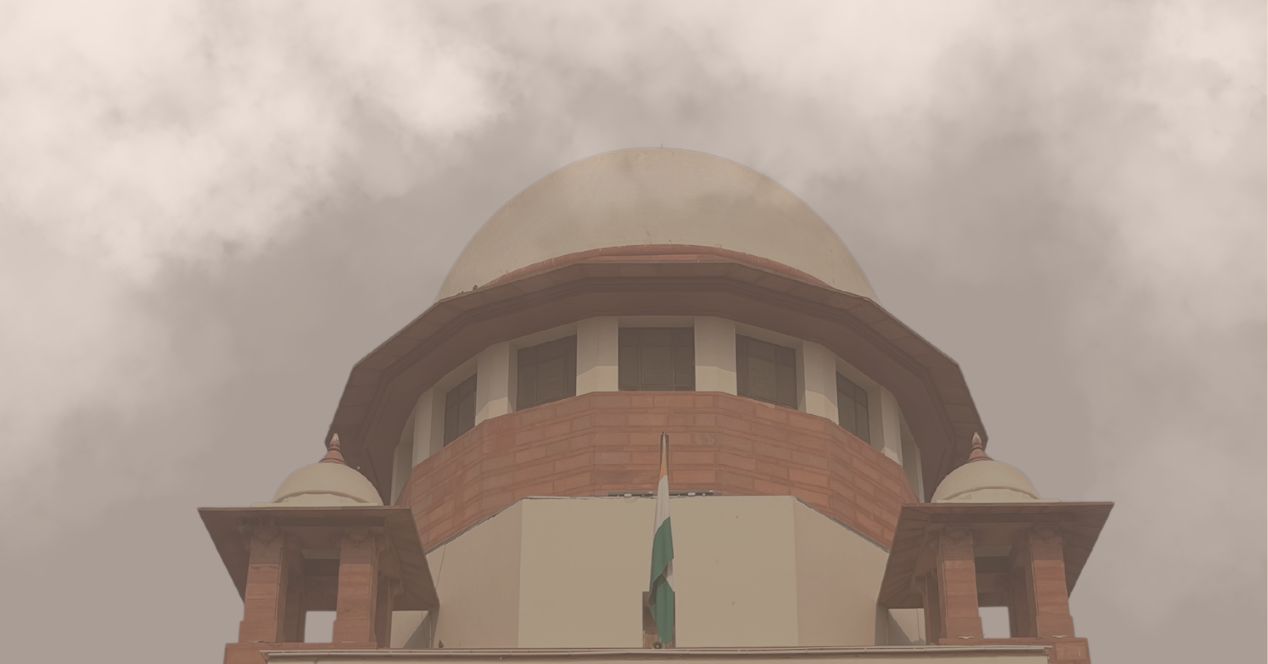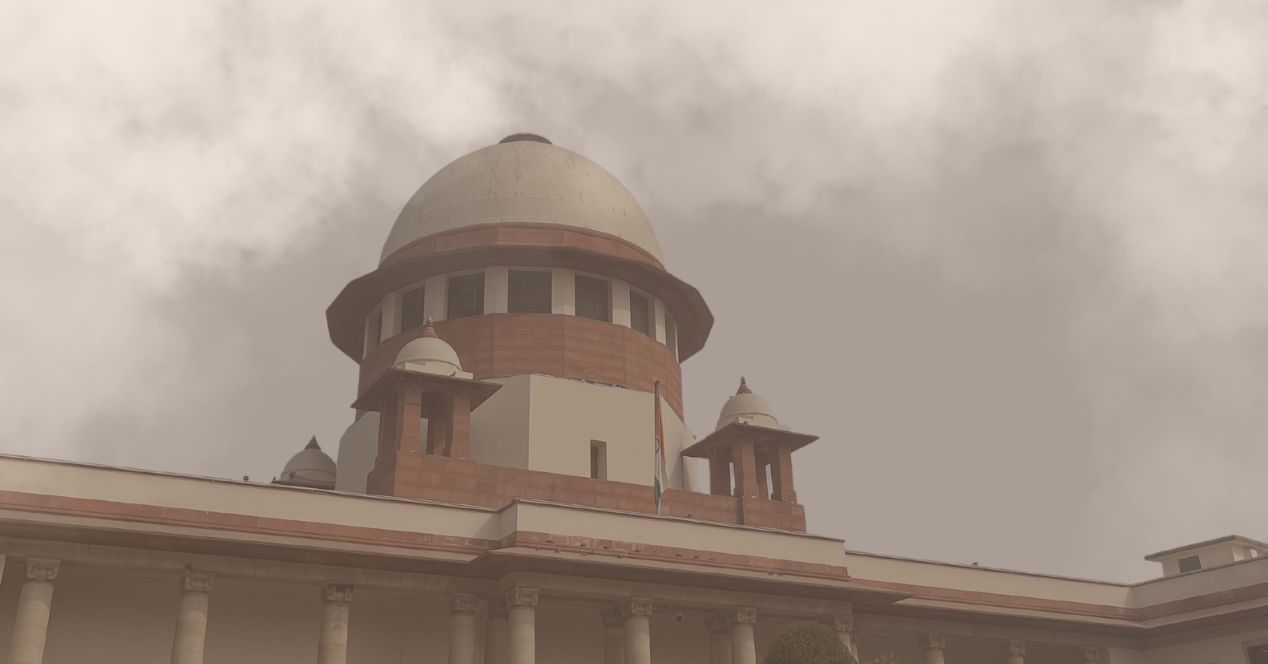Analysis
Delhi Pollution Crisis | ‘Will initiate contempt against Delhi govt if solid waste management data not given,’ warns SC
The bench also summoned the Chief Secretary of Delhi to justify non-compliance with data collection on solid waste management

On Monday (16 December), a Division Bench of the Supreme Court of Justices A. S. Oka and A.G. Masih continued monitoring the pollution menace in the capital city, with a sharp focus on the region’s solid waste management failures. The Supreme Court warned the Delhi government of contempt proceedings if it fails to provide data on compliance with Solid Waste Management (SWM) Rules, 2016. The bench also summoned the Chief Secretary of the National Capital Region (NCR) to explain the lack of progress.
Last month the top court intervened and appointed Court Commissioners to invigilate the entry and exit of non-essential heavy vehicles into the region. This was one among various aspects the Court has been monitoring, such as implementation of Stages III and IV of Graded Response Action Plan (GRAP) measures, enhancing monitoring systems to catch stubble burning and farm fires in neighbouring states and proposing implementation of year-round ban on firecrackers.
Yesterday’s development comes as a part of the Court’s broader oversight of pollution in the region, which began with a petition filed by environmental lawyer M.C. Mehta in 1984. While air pollution was the focus in the initial hearings over the last one month, the Court has now slowly evolved to monitor other factors that affect pollution in the region, including solid waste management and even noise pollution.
How the Court came to monitor solid waste management in Delhi
On 11 November 2024, while hearing the air pollution matter, the bench observed that vast amounts of untreated solid waste in landfills often caught fire, adding to the air pollution woes. This led to a broader observation on non-implementation of the SWM Rules “in their true letter and spirit.” The order noted, “If in the territory of NCT of Delhi, there is a complete failure to implement the 2016 Rules, one can imagine what must be happening in the other cities in the other parts of the country.”
That day, the Court had directed the Delhi Chief Secretary to call a meeting of stakeholders such as the Municipal Corporation of Delhi (MCD) to discuss the implementation of the SWM Rules and file a common report laying down timelines for reporting compliance with the Rules by 13 December 2024.
Last week, on 12 December 2024, one Court Commissioner Manan Verma submitted photographic evidence to the Court of heaps of garbage being set on fire. That day, the bench noted that it would take up the issue of SWM Rules.
Yesterday, on 16 December, Justice Oka criticised the Delhi government for failing to comply with earlier directions to furnish data on solid waste management, and the non-implementation of the SWM Rules, framed under the Environment Protection Act, 1986. “What are you doing? [What is] the Delhi government doing? Simple data cannot be made available to us,” Justice Oka questioned the Special Secretary of Delhi’s Urban Development Department, S.M. Ali, who was present at the hearing in the absence of the Delhi Chief Secretary. The Court further expressed its desire to expand scope of the solid waste management hearings to the entire National Capital Region, and not solely Delhi, the same way it has done for air pollution.
No data on compliance with SWM Rules, Justice Oka summons Delhi CS
Senior Advocate Aprajita Singh, appointed amicus curiae in the matter, informed the Court that she had not yet received any report from the Delhi Chief Secretary about the timelines to implement the SWM Rules, or any proof of the stakeholder meeting having been conducted.
“For the last few months, repeated orders have been passed and I do not know why they have not been able to,” Singh noted, “As per the office report, this is the first thing to be considered.”
Even as Special Secretary Ali, tried to reassure that the data collection from MCD would be completed at the earliest, Justice Oka remained unconvinced, “[By 19 December 2024], if affidavit reporting compliance with order dated 11th November, 2024 is not filed, the Court will initiate action under the Contempt of Court Act against the concerned officials of the Delhi government. Unless we do this, you will never do it.”
The Court further summoned the Chief Secretary of Delhi to appear in the next hearing on 19 December. Notably, in the hearing on 5 December 2024, Justice Oka had summoned the Delhi CS to discuss the issue of pending dues that had to be paid to construction and daily wage workers from the labour welfare fund. He threatened to issue contempt proceedings for not dispersing dues in a timely manner.
Expanding the scope beyond Delhi
During the proceedings, Justice Oka indicated the Court’s intention to expand its oversight of solid waste management to the entire region of Delhi-NCR. After a counsel for petitioners pointed out that he had recently witnessed heaps of garbage being burned in Muzaffarnagar, a constituent area within the NCR, Justice Oka reiterated that he plans to expand the scope of monitoring solid waste management to the entirety of NCR, and not restricting it to Delhi.
Meanwhile, the National Green Tribunal Principal Bench has been separately monitoring solid waste management in Greater Noida based on a reference from the Law Ministry five years ago. Justice Oka requested the NGT to cease the matter for the time that the Supreme Court is monitoring the issue, and directed the Greater Noida Development Authority (GNDA) to file an affidavit detailing steps taken to comply with the SWM Rules by 31 January 2025.
During the hearing, one amicus curiae informed the Court that Greater Noida produces 350 tonnes of waste daily, but its processing capacity was only 152 tonnes per day. He noted that GNDA plans to increase its processing capacity to 750 tonnes per day by the end of July 2025. “Very, very ambitious!” Justice Oka remarked skeptically, but not without willing to give them a chance.
Towards the end of the hearings, the bench also directed Singh to produce a list of other cities across India which were seriously affected by pollution. “We should not give wrong signals. Because we are sitting in the Supreme Court, we are dealing with only pollution in Delhi,” Justice Oka said.
Counsels supported the bench’s call for pan-India monitoring. One counsel cited photographic evidence showing how garbage was being dumped just outside the borders of NCR and put on fire. Another explained that stubble burning was a pan-India problem.
The pollution matter will be heard next on 19 December 2024.




